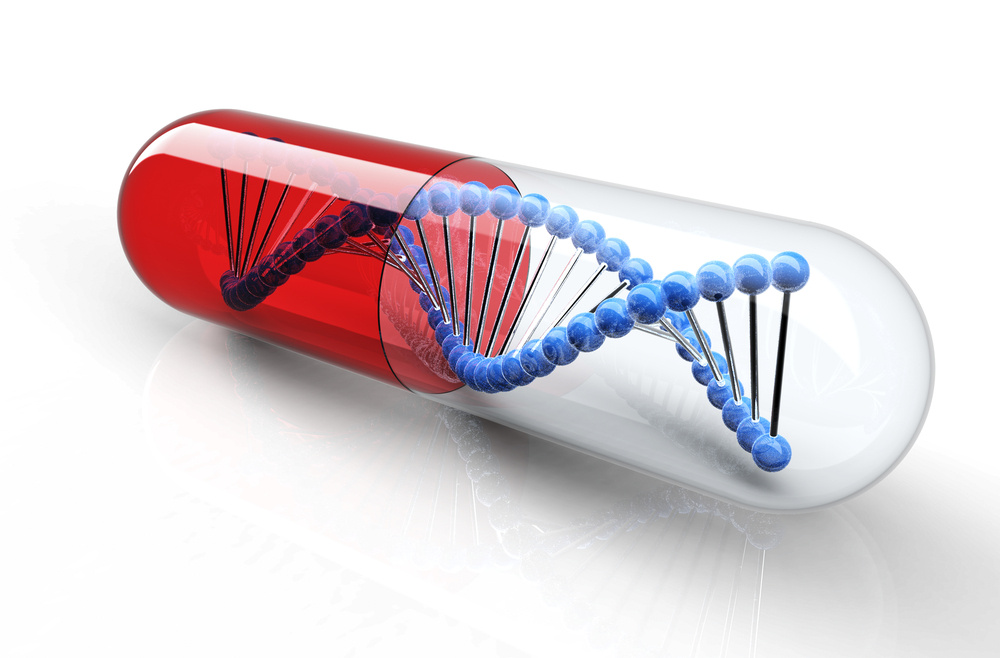Overcoming Addiction In Athletes: Unique Challenges And Strategies
Addiction, also known as substance use disorder (SUD), is listed in the Diagnostic and Statistical Manual of Mental Disorders, Fifth Edition (DSM-5) as a chronic, relapsing brain disorder. The Merriam-Webster Dictionary defines addiction as “a compulsive, chronic, physiological or psychological need for a habit-forming substance, behavior, or activity having harmful physical, psychological, or social effects and typically causing well-defined symptoms (such as anxiety, irritability, tremors, or nausea) upon withdrawal or abstinence.” Data from 2022 presented by the National Center for Drug Abuse Statistics, indicate that addiction affects over 20 million Americans aged 12 and older. Addiction is framed as a repeating cycle with different stages. These recurring stages are referred to as a cycle because they generally progress in a repetitive pattern until some form of treatment takes place to intervene and alleviate the addiction.
Addiction In Athletes
A systematic review examining drug abuse in athletes explains that “athletic life may lead to drug abuse for several reasons, including for performance enhancement, to self-treat otherwise untreated mental illness, and to deal with stressors, such as pressure to perform, injuries, physical pain, and retirement from sport.” Overcoming addiction in athletes can be particularly difficult due to the unique demands and pressures they face, such as:
- Untreated mental health challenges: Athletes receive comprehensive treatment and rehabilitation for physical injuries, but research suggests that this is less often the case for underlying mental illnesses, such as anxiety, depression, and chronic stress.
- Peer and social influences: Athletes typically spend a substantial amount of time with teammates and exist in a sports culture that may normalize or even promote substance use.
- Stigma as a barrier to treatment: It is not uncommon for the stigma associated with addiction as well as the fear regarding the possible negative consequences (e.g., tarnishing one’s reputation, facing disciplinary action, etc.) of exposing one’s addiction to inform an athlete’s willingness to pursue treatment.
- Performance expectations: Athletes often face extraordinary internal and external (e.g., coaches, teammates, fans, etc.) performance pressures to excel. Research indicates that athletes may be driven to use drugs to enhance their athletic performance.
Fortunately, there is a wide array of strategies that can help athletes navigate these challenges and overcome addiction. Providing adequate mental health support and resources to address underlying mental health issues and helping athletes develop healthier coping mechanisms to manage stress effectively can reduce the need to self-medicate through abusing substances. Cultivating a positive team culture that discourages substance misuse and supports healthy lifestyle choices can promote recovery. Educating coaches, teammates, and staff about addiction as a treatable medical condition can help reduce stigma and create a safe and supportive environment where athletes feel comfortable seeking help. It is important to note that there is no single treatment method that proves universally effective when it comes to the recovery process from substance use disorder. Rather, a customized treatment plan that considers an individual’s unique circumstances and is tailored to address his or her nuanced and distinct needs is essential to the efficacy of treatment. It is advantageous for an athlete to include a multidisciplinary team of professionals (e.g., addiction specialists, physicians, psychologists, sports coaches, etc.) in the treatment process as they can provide comprehensive, specialized support to athletes which can enhance treatment outcome.
For Information and Support Substance abuse and addiction can be incredibly dangerous and can result in severe short and long-term consequences. If you or someone you know is suffering from substance abuse or addiction, please get help as soon as possible. The earlier you seek support, the sooner you and your loved ones can return to leading happy, healthy, and fulfilling lives. There is no reason to go through this alone, and we are here to help. Please feel free to reach out to us for further information or with any questions regarding substance abuse or addiction. We are available anytime via telephone at: 213-389-9964, or you can always email us at: info@friendlyhousela.org.



